Here’s a look back at past winners and the books that made that year’s shortlist. You’ll also find our Jury from each award season.
2017 WINNER
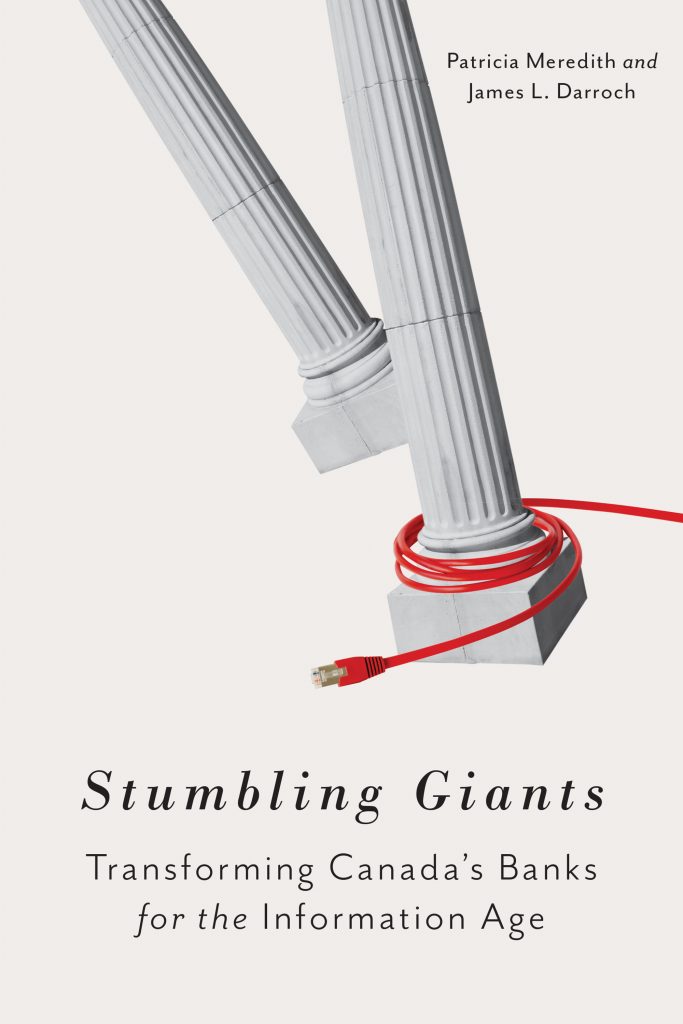
STUMBLING GIANTS: TRANSFORMING CANADA’S BANKS FOR THE INFORMATION AGE
Patricia Meredith and James Darroch
(University of Toronto Press)
In this timely and original book, Meredith and Darroch argue that Canadian banks are ignoring the dramatic and disruptive effects of info-tech changes that are threatening their very existence. The book is a policy manifesto, developing a compelling case for the need for fundamental change from the branch-focused business model of current Canadian banking, to a model that conforms to the habits of the mobile-app era. The authors present a cohesive set of recommendations– including inclusivity, responsible governance and technological foresight — to put Canadian banks on track to deal with the challenges and opportunities offered by the fintech age. This book will be of interest to the general reader given the sector’s significance, but it is essential reading for every corporate and bank board member in Canada.
RUNNERS – UP
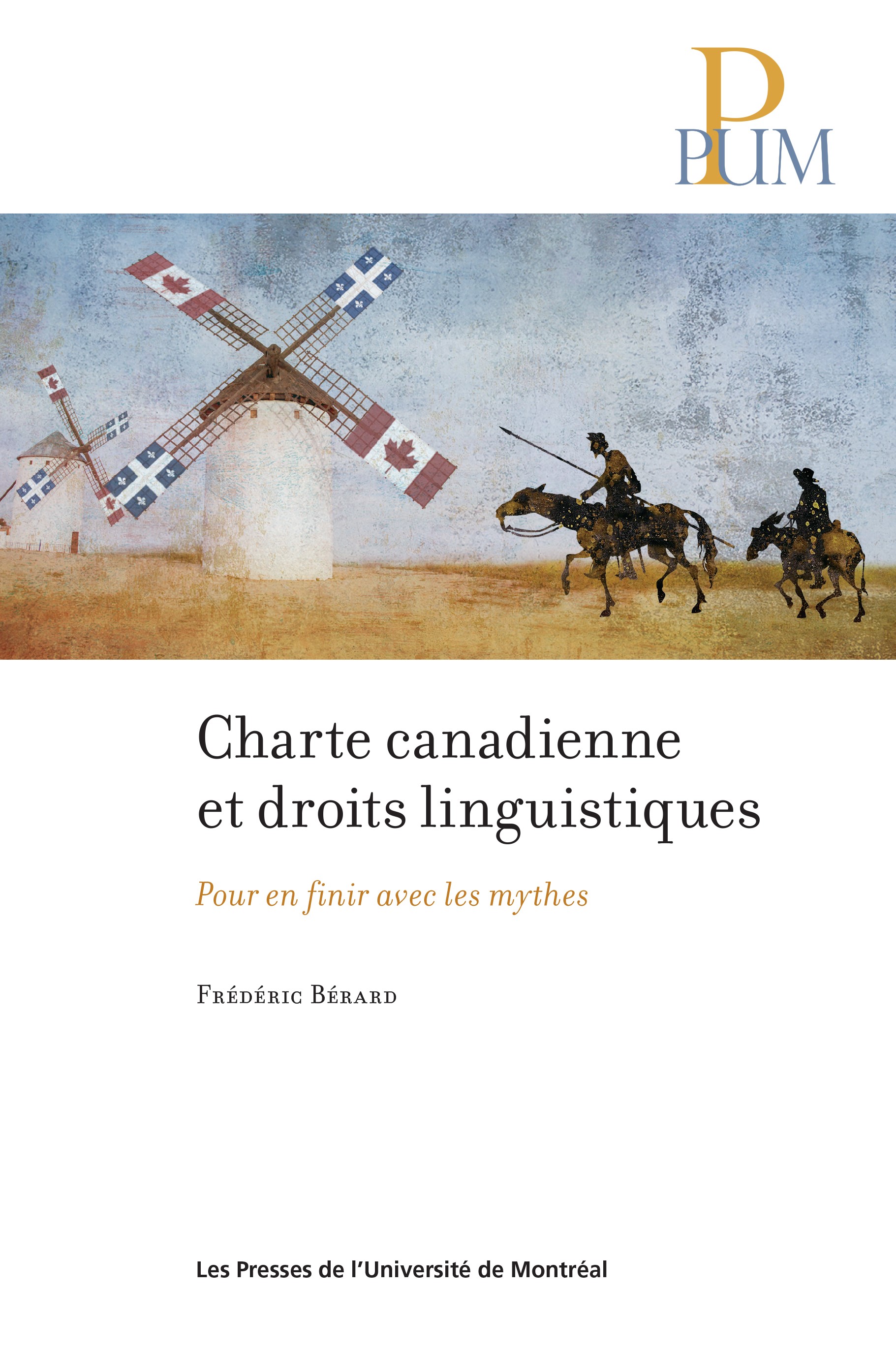
CHARTE CANADIENNE ET DROITS LINGUISTIQUES: POUR EN FINIR AVEC LES MYTHES
Frédéric Bérard
(LES PRESSES DE L’UNIVERSITÉ DE MONTRÉAL)
Ground breaking, rigorous and original research into the impact of the Charter of Rights and Freedoms on French language rights in Quebec. This book displays a very high standard of scholarship in its mission to demonstrate that there has been no systematic bias arising from the Canadian Charter against French language rights in Quebec. Moreover; if there has been any tilt, it has been to disfavour Quebec Anglophones. A remarkable piece of legal interpretation and analysis from the viewpoint of Canadian unity, and an important book for Canadians to read.
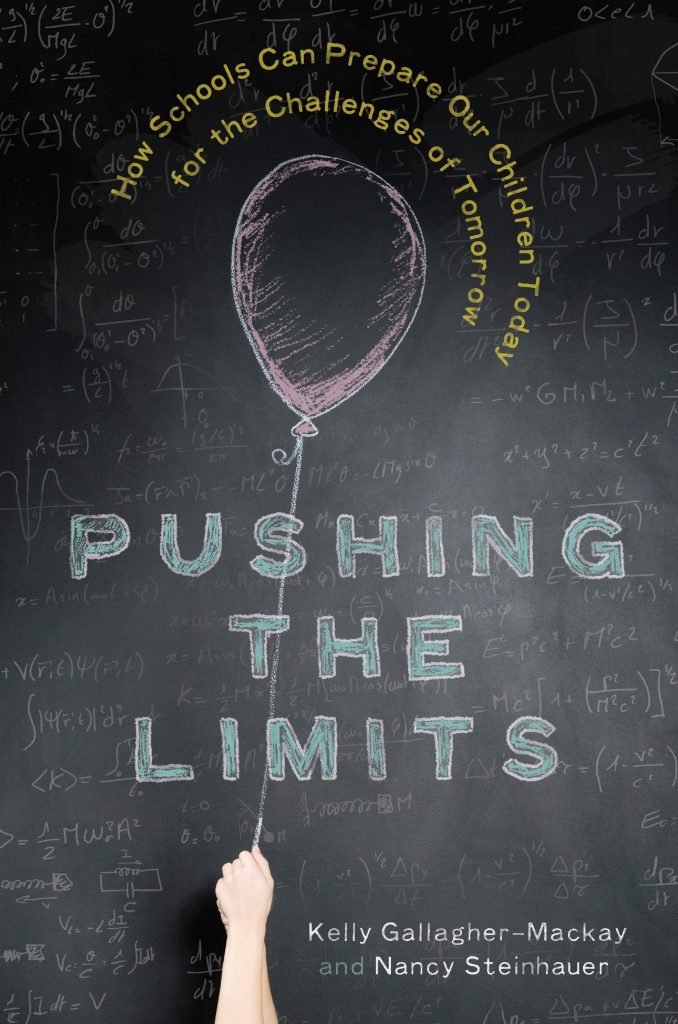
PUSHING THE LIMITS: HOW SCHOOLS CAN PREPARE OUR CHILDREN TODAY FOR THE CHALLENGES OF TOMORROW
Kelly Gallagher-Mackay and Nancy Steinhauer
(Doubleday Canada)
The challenges to education posed by the all-enveloping environment of information technology and the need to instill social-emotional learning constitute one of the most important sets of public policy issues facing the country. The authors argue that educational reform needs to go beyond the harmful and polarizing debates between a return to basics versus the development of creativity and problem-solving skills. The book outlines a set of principles that should guide educational reforms and provides concrete examples of how those principles have been implemented. Teachers, educators and parents would all benefit from reading this book.
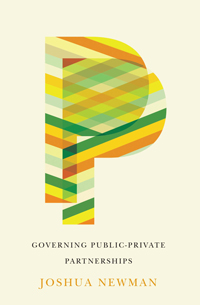
GOVERNING PUBLIC-PRIVATE PARTNERSHIPS
Joshua Newman
(McGill-Queens University Press)
The recent establishment of the Canada Infrastructure Bank has led to heightened discussion around public-private partnerships (PPPs) and this book makes an important and original contribution to our understanding to how PPP’s should be governed. Newman successfully makes the connection between the theory of what the state should do and the practical details of what the state can do in establishing contracts with private companies to deliver goods and services to the public. While his focus is on one comparative case study, Newman successfully draws from his novel analysis of principles and practices to draw conclusions that can be applied generally.
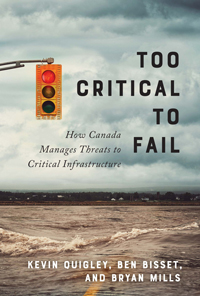
TOO CRITICAL TO FAIL: HOW CANADA MANAGES THREATS TO CRITICAL INFRASTRUCTURE
by Kevin Quigley, Ben Bisset and Bryan Mills
(McGill-Queens University Press)
Infrastructure resilience is of key public policy importance. Rare but high-impact events — terrorist attacks, natural disasters, pandemics — exert an enormous influence on the public perception both of risk itself and of the responsibility of government to mitigate risk. The authors use an excellent interdisciplinary approach – weaving insights from economics, politics, psychology and sociology to show how risks are perceived, regulated and managed. Too Critical to Fail is a valuable source of rigorous research, analysis and information on how Canadian governments seek to manage for “black swan” events: the authors provide two in-depth cases studies of the chemical and transport regimes in Canada, which add to the richness and nuance of their arguments.
2017 DONNER JURY
DAVID A. DODGE
Chair
David A. Dodge, O.C., F.R.S.C., has been named this year’s jury Chair. A former Governor of the Bank of Canada from 2001 to 2008 and Chancellor of Queen’s University from 2008 to 2015, David Dodge is currently Senior Advisor at Bennett Jones LLP, chair of the National Council of the C.D. Howe Institute, and member of the boards of CIFAR and CCA. During his government career, Dr. Dodge has been the G7 Deputy Minister of Finance and Deputy Minister of Health. During his academic career, he taught economics at Queen’s University; at the School of Advanced International Studies, Johns Hopkins University; at the Faculty of Commerce at the University of British Columbia; and at Simon Fraser University.
Eva Busza
Dr. Eva Busza is Vice-President, Research and Programs, at the Asia Pacific Foundation of Canada. Prior to joining the foundation, she was Director of Policy and Strategic Planning for UN Secretary-General Ban Ki-moon. Ms. Busza holds a Ph.D. from Stanford University and a Master’s degree from the University of British Columbia. In addition to teaching in the Department of Government at the College of William and Mary, she has been a research fellow at several universities and institutes including: Columbia University, George Washington University, and the Woodrow Wilson International Center for Scholars.
Jean-Marie Dufour
Jean-Marie Dufour, O.C., O.Q., is the William Dow Professor of Political Economy at McGill University, and Fellow of the Econometric Society, the American Statistical Association, the International Association for Applied Econometrics, the Canadian Economics Association (CEA), and the Royal Society of Canada. He is also the Director of the Canadian Econometric Study Group, and Research Fellow at CIRANO and CIREQ. Dr. Dufour has served as President of the CEA and the Société canadienne de science économique (SCSE). During his academic career, he has also held a Bank of Canada Research Fellowship, a Canada Research Chair (Econometrics, Université de Montréal), the Pierre-de-Fermat Chair of Excellence (Toulouse School of Economics), the Banco Santander Chair of Excellence (Universitad Carlos III de Madrid), and has received numerous prizes, including the Killam and Léon-Gérin Prizes for Social Sciences, the John Rae Prize (CEA), the Marcel-Dagenais Prize (SCSE), a Guggenheim Fellowship, and the Konrad Adenauer Research Award (Alexander von Humboldt Foundation, Germany).
Jennifer A. Jeffs
Jennifer A. Jeffs, a foreign policy professional, is a Senior Research Associate with the Creating Digital Opportunity Project at Innovation Policy Lab, Munk School of Global Affairs, University of Toronto and co-chairs the international editorial board of International Journal, Canada’s premier global policy journal. Dr. Jeffs is the former President of the Canadian International Council (CIC), Canada’s independent, non-partisan, international affairs institute and Founding Director of the Centro de Estudios y Programas Interamericanos (CEPI), based at the Instituto Tecnológico Autónomo de México (ITAM) in Mexico City, where she was also a professor in the Department of International Studies.
Peter Nicholson
Peter Nicholson, O.C., has served in numerous posts in government, business, science and higher education. He was born in Halifax and studied physics at Dalhousie University, where he received bachelor’s and master’s degrees. He went on to get a Ph.D. in operations research at Stanford University and began his academic career by teaching computer science at the University of Minnesota. Dr. Nicholson was a member of the Nova Scotia Legislature and has served as Deputy Chief of Staff for Policy in the Office of the Prime Minister. He has also held senior executive positions with Scotiabank and BCE, was the Special Advisor to the Secretary-General of the Organization for Economic Co-operation and Development and was the inaugural Chief Executive Officer of the Council of Canadian Academies. He currently splits his time between Annapolis Royal, Nova Scotia, and Austin, Texas.

